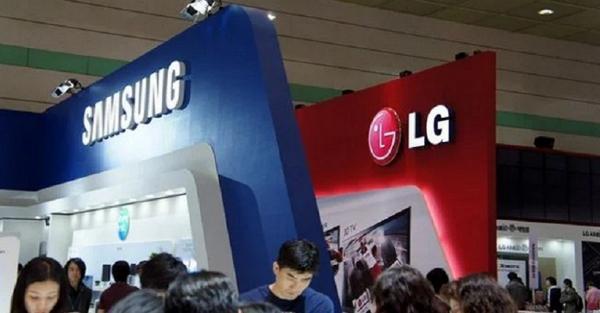South Korean tech giants LG and Samsung have launched legal action against the Indian government over new e-waste recycling regulations, arguing that the policy imposes excessive financial burdens. The lawsuits, filed in the Delhi High Court, target India’s new requirement for electronics makers to pay a minimum of ₹22 (A$0.40) per kg for recycling consumer electronics and ₹34 (A$0.
62) per kg for smartphones. According to Reuters , Samsung argued in its 345-page filing that the policy could lead to a “substantial financial impact,” noting that the fixed rates are “five to fifteen times” higher than current recycling costs. LG’s 550-page submission took aim at the policy’s foundations, stating that “merely fleecing companies and taxing them in the name of the ‘polluter pays principle’” would not deliver the environmental improvements the government seeks.

India’s prime minister Narendra Modi introduced the regulations last year to address the dominance of India’s informal e-waste sector, which processes about 80% of the country’s electronic waste using largely unregulated and often hazardous methods. India is the third-largest generator of e-waste globally, behind only China and the US, but only 43% of that waste was formally recycled in 2024, according to government data. The Indian government says mandating a minimum payout to recyclers will draw more formal players into the market and boost investment in safer, more sustainable recycling infrastructure.
But critics argue the approach is flawed and fails to address deeper enforcement and structural issues. LG and Samsung’s legal challenge is part of a broader industry backlash. Other manufacturers including Daikin, Havells, Tata’s Voltas, and Blue Star have also filed lawsuits opposing the regulations.
Johnson Controls-Hitachi initially joined the legal battle but has since withdrawn its case without explanation. Both LG and Samsung had previously lobbied the Indian government to reduce the proposed fees, with Samsung going as far as writing to Prime Minister Narendra Modi’s office. LG warned in its communications last August that the prices were too high and should be determined by market dynamics.
Analysts warn that if the policy remains unchanged, it could raise compliance costs for electronics makers, particularly those in the air conditioning and white goods segments, and eventually lead to higher retail prices for consumers. The Delhi High Court is scheduled to hear the combined cases this week..
Technology

LG and Samsung Sue Indian Government Over E-Waste Recycling Mandates

South Korean tech giants LG and Samsung have launched legal action against the Indian government over new e-waste recycling regulations, arguing that the policy imposes excessive financial burdens. The lawsuits, filed in the Delhi High Court, target India’s new requirement for electronics makers to pay a minimum of ₹22 (A$0.40) per kg for recycling consumer... Read More















